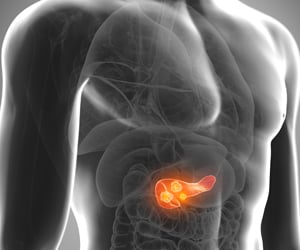Moisturisers used by millions of people induced skin cancer in experiments on mice, a study released Thursday said, as experts expressed strong doubts over any possible risk to humans from creams.
Moisturisers used by millions of people induced skin cancer in experiments on mice, a study released Thursday said, as experts expressed strong doubts over any possible risk to humans from creams.
Researchers at Rutgers University, New Jersey, in the United States tested four common skin creams on gene-altered hairless mice exposed to heavy doses of cancer-causing UV light.The scientist who led the study, however, cautioned that rodent skin is more sensitive than human skin, while other experts said they had reservations about the relevance of the study's conclusions.
Rates of non-melanoma skin cancers increased between 24 and 95 percent compared to control mice not treated with creams, the study found.
Non-melanoma skin cancer is very common in humans, and is curable surgically. In very rare cases, however, it can prove fatal.
When the scientists, led by Allan Conney, repeated the experiments with a made-to-order cream missing several suspect ingredients -- including mineral oil and sodium lauryl sulfate -- the cancer rates dropped sharply.
Conney said that further studies were needed to test the impact of topical creams on people as rodent skin, usually covered by fur, is thinner and more permeable than human skin.
Experts familiar with the study doubted its significance for humans.
The dose the rodents received exceeds what most people would experience in a lifetime, he said.
Gordon McVie, a senior consultant at the European Institute of Oncology said: "This has no relevance to causation of human skin cancer and does not prove in any way whatever that moisturising creams are cancer-causing in humans."
The four creams analysed in the study were: Dermabase, manufactured by Paddock Laboratories in Minneapolis, Minnesota; Dermovan, made by Healthpoint Ltd. in Fort Worth, Texas; Eucerin Original Moisturizing Cream, made by Beiersdorf Inc. in Wilton, Connecticut; and Vanicream, made by Pharmaceutical Specialities, Inc. in Rochester, Minnesota.
Source-AFP
SRM
 MEDINDIA
MEDINDIA



 Email
Email










